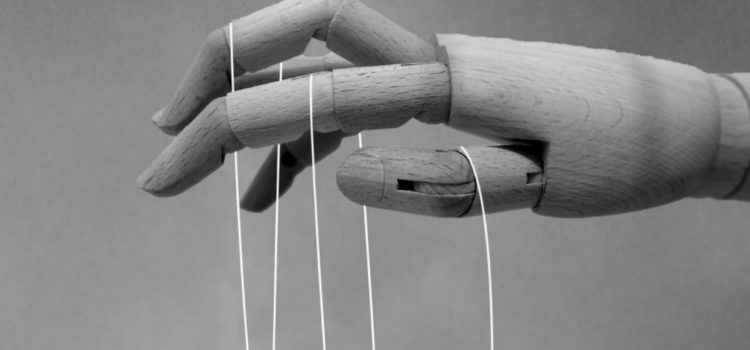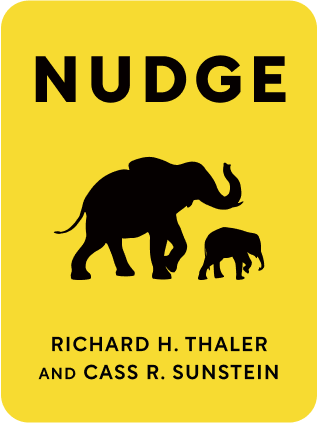

This article is an excerpt from the Shortform summary of "Nudge" by Richard H. Thaler and Cass R. Sunstein. Shortform has the world's best summaries of books you should be reading.
Like this article? Sign up for a free trial here .
What is libertarian paternalism in the book Nudge? How would choice designers manipulate the public’s decisions?
In Nudge, libertarian paternalism is prioritizing personal freedom while limiting choice to bring about better results. Authors Thaler and Sunstein thought it would be a good system, but critics don’t agree.
Learn about how libertarian paternalism works in Nudge
Libertarian Paternalism in Nudge
Thaler and Sunstein’s object in Nudge isn’t simply to provide solutions to people’s habits of making poor choices for themselves; rather, it’s to introduce an umbrella approach to public policy: libertarian paternalism.
In Nudge, libertarian paternalism describes a combination of libertarianism (prioritizing personal freedom) and paternalism (limiting choice in order to bring about better results). In a world of libertarian paternalism, the public and private entities that present us with choices—choice designers—would use subtle techniques to push us toward the “right” choices—the ones we would make for ourselves if we weren’t susceptible to cognitive bias, temptation, or social influence.
These pushes, so subtle that the average person wouldn’t recognize them as influences, are what Thaler and Sunstein call “nudges.” An effective nudge takes advantage of our decision-making weaknesses to steer us toward beneficial—or, at least, less harmful—choices.
| Critiques of Libertarian Paternalism Thaler and Sunstein fashion libertarian paternalism as a happy medium between far-right libertarianism and far-left paternalism. As a result, libertarian paternalism has come in for critique from both the left and the right. On the right, orthodox libertarians believe that libertarian paternalism is problematic because any kind of paternalism is problematic. For example, in his book The Manipulation of Choice: Ethics and Libertarian Paternalism, philosopher Mark D. White argues that presuming to know what the “right” choice is for anyone is a nonstarter; people are too different for there to be any baseline standard of what’s “good” or “bad” for someone. Because libertarian paternalism presumes a universally preferred choice, it fails to account for the infinite variety of preferences among people. Reviewing Nudge for the Mises Institute, a research organization committed to the free-market thought of economist Ludwig von Mises, scholar David Gordon argues that libertarian paternalism’s assumption of human irrationality—our vulnerability to bias, temptation, and other influences—could be dangerous to human freedom. For example, if people are incorrigibly prone to bias, who’s to say that any decision a person makes is the “right” one? Gordon believes Thaler and Sunstein’s assumptions of human error in decision-making could lead to more paternalistic, and less libertarian, “nudges” down the line. On the left, critics have taken issue with the libertarian commitments of libertarian paternalism. For example, in a review of Sunstein’s How Change Happens (2019) in The New Republic, Aaron Timms points out that “nudges” are inadequate to large-scale problems like climate change or income inequality that require societal, “paternalistic” regulation and reform. |

———End of Preview———
Like what you just read? Read the rest of the world's best summary of Richard H. Thaler and Cass R. Sunstein's "Nudge" at Shortform .
Here's what you'll find in our full Nudge summary :
- Why subtle changes, like switching the order of two choices, can dramatically change your response
- How to increase the organ donation rate by over 50% through one simple change
- The best way for society to balance individual freedom with social welfare






